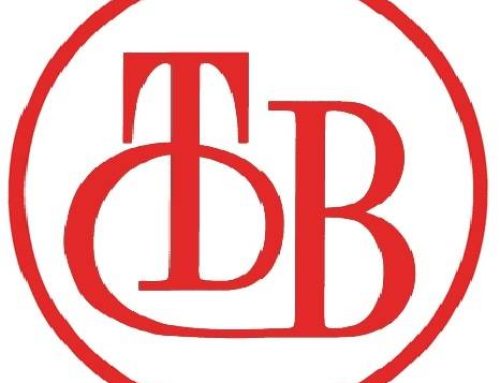Published in the Coffs Coast Advocate on 23 May 2015.
 Max owns a local small business trading as a plumbing supplier.
Max owns a local small business trading as a plumbing supplier.
Max’s business has recently suffered a number of bad debts relating to his customer’s accounts and he seeks advice from a solicitor regarding how he can protect his business when setting up accounts in the future.
Firstly, the solicitor tells Max that if any of his customers are corporations, he should ensure that the directors of the company give personal guarantees. This means that if the company does not pay the debt or has no assets, Max will be able to pursue the directors personally.
Secondly, the solicitor also advises Max that the directors of companies as well as any other customers who are sole traders or part of a partnership, should sign a document when opening their account whereby they consent to a charge over any real estate that they own. This creates a caveatable interest and makes Max a secured creditor should the customer enter liquidation or bankruptcy, giving him priority over other creditors.
Thirdly, the solicitor advises Max that it is possible for the account to contain a condition that title in the product does not pass to the customer until their account is paid in full. These types of agreements should be lodged with the Personal Property Securities Register as soon as possible in order to obtain priority over any other claims. The difficulty with plumbing products is that when they are installed into a building, they will often become part of the building and cannot be removed as “personal property”.
Fourthly, the solicitor advises that account holders should consent to a fixed or floating charge over all of their business assets, again making Max a secured creditor.
Finally, the solicitor explains that the above legal strategies will only be useful if the customer has assets that have not been previously encumbered. The solicitor also explains that if Max’s customers are not willing to enter into these arrangements, it may be a warning sign that there will be problems in the future if they are unable to pay their accounts.





